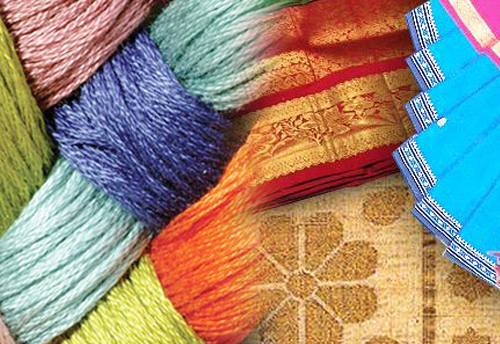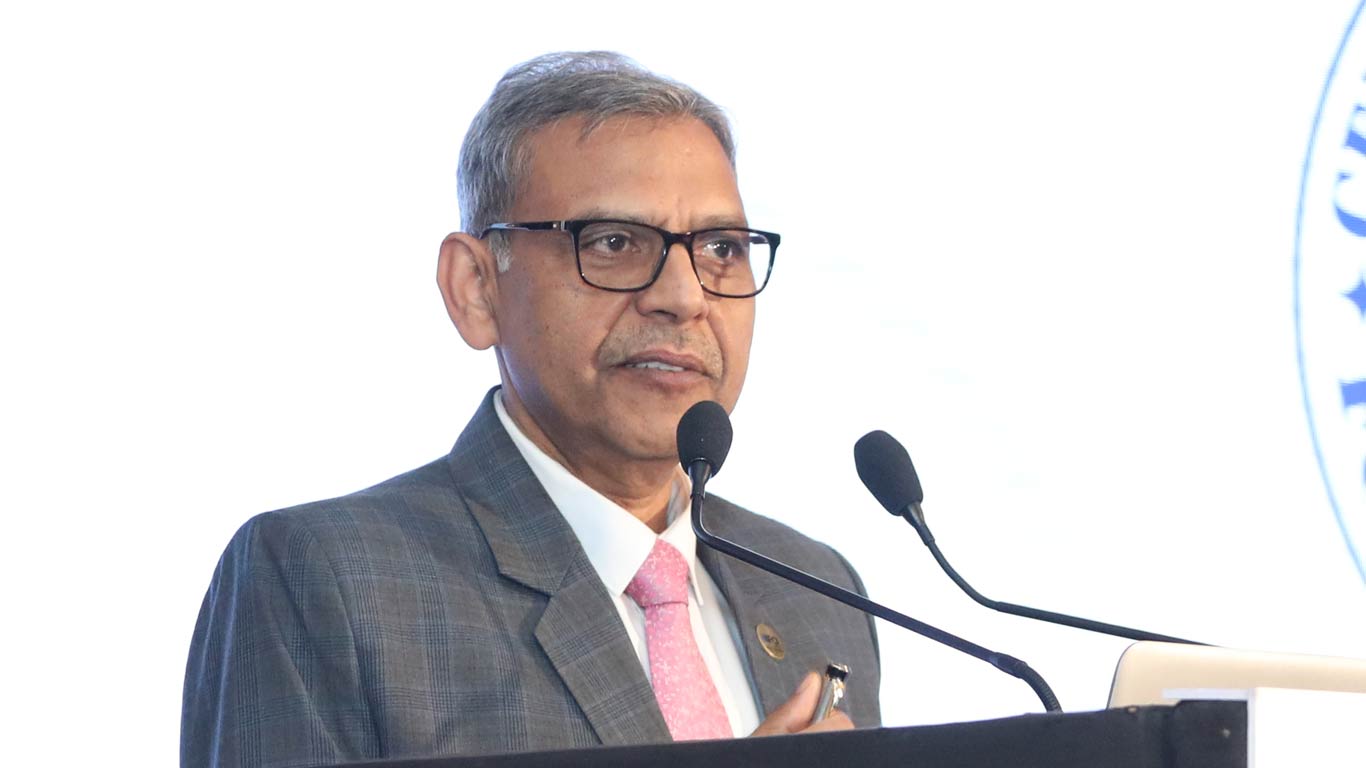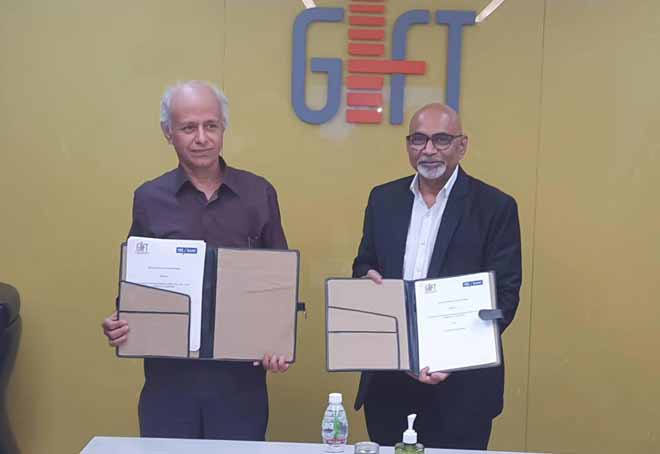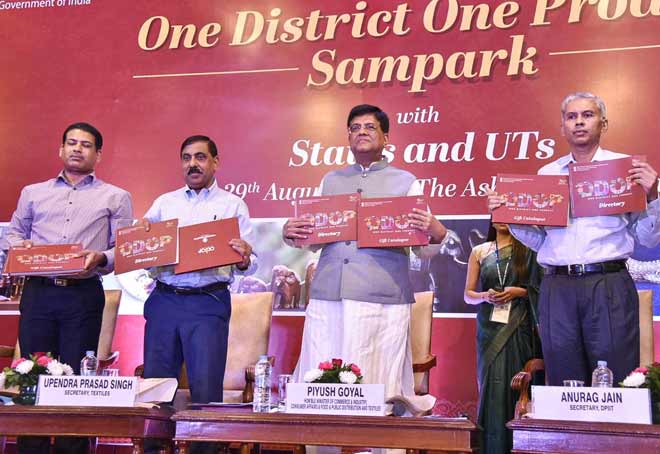Falling Exports: Textile exporters feel the need for review of trade pacts to make them competitive
Updated: Mar 28, 2016 11:43:56am

New Delhi, Mar 28 (KNN) India's merchandise exports have been contracting for the last 15 months. India's 40% of the total exports are handled by the MSME sector which feels that it's the country's trade agreements which are not helping them much for competing globally.
The textile exporters have been seeking review of India’s trade agreements like the Free Trade Agreements (FTAs) and Preferential trade Agreements (PTAs) to check decline.
Experts opine that India has signed many trade pacts, more for geo-political reasons rather than commercial reasons.
KNN spoke to MD of Neetee Clothing, Animesh Saxena, who said that although the teaxtile and garment exporters did not suffer as much as the other sectors in the past few months, still there is a “policy paralysis” from the government side.
“Our internal costs are very high. Also, the trade agreements are against us. Bangladesh and other countries have free access to European market but our materials are 10-12% costlier than theirs,” Saxena said.
He said that Vietnam is India’s competitor now. “India should finalize its stuck treaties. The government should also bring down the internal transaction costs and port charges to make Indian exporters competitive,” he said.
According to a media report, industry body Assocham recently said that, “One case is the South Asian Free Trade Agreement, which has not resulted in any significant export gains. India's trade deficit has widened with the ASEAN. Further, most of India's PTAs are shallow in terms of product coverage. For example, the India-Mercosur PTA doesn't include textiles and apparel items, which face prohibitive import duties of up to 35 per cent.”
India's trade pacts have exacerbated inverted duty structure – high import duties on raw materials and intermediates, and lower duties on finished goods – that discourage the production and export of value-added items. Thus, apparel can be imported into India duty free while its raw material –manmade fibres attract an import duty of 10 percent.
Meanwhile, Arvind Sinha, President of the Textile Association (India) told KNN that the falling exports could be blamed on the global slowdown.
“We cannot blame government for everything. Government is formulating new policies. We have to expand our capacities now,” Sinha said.
In India's merchandise exports, the top 20 categories account for four-fifth of the total exports. Even in top export categories like textiles, India is exporting low value commodities such as cotton yarn or apparel rather than technical textiles, say industry experts. (KNN Bureau)











